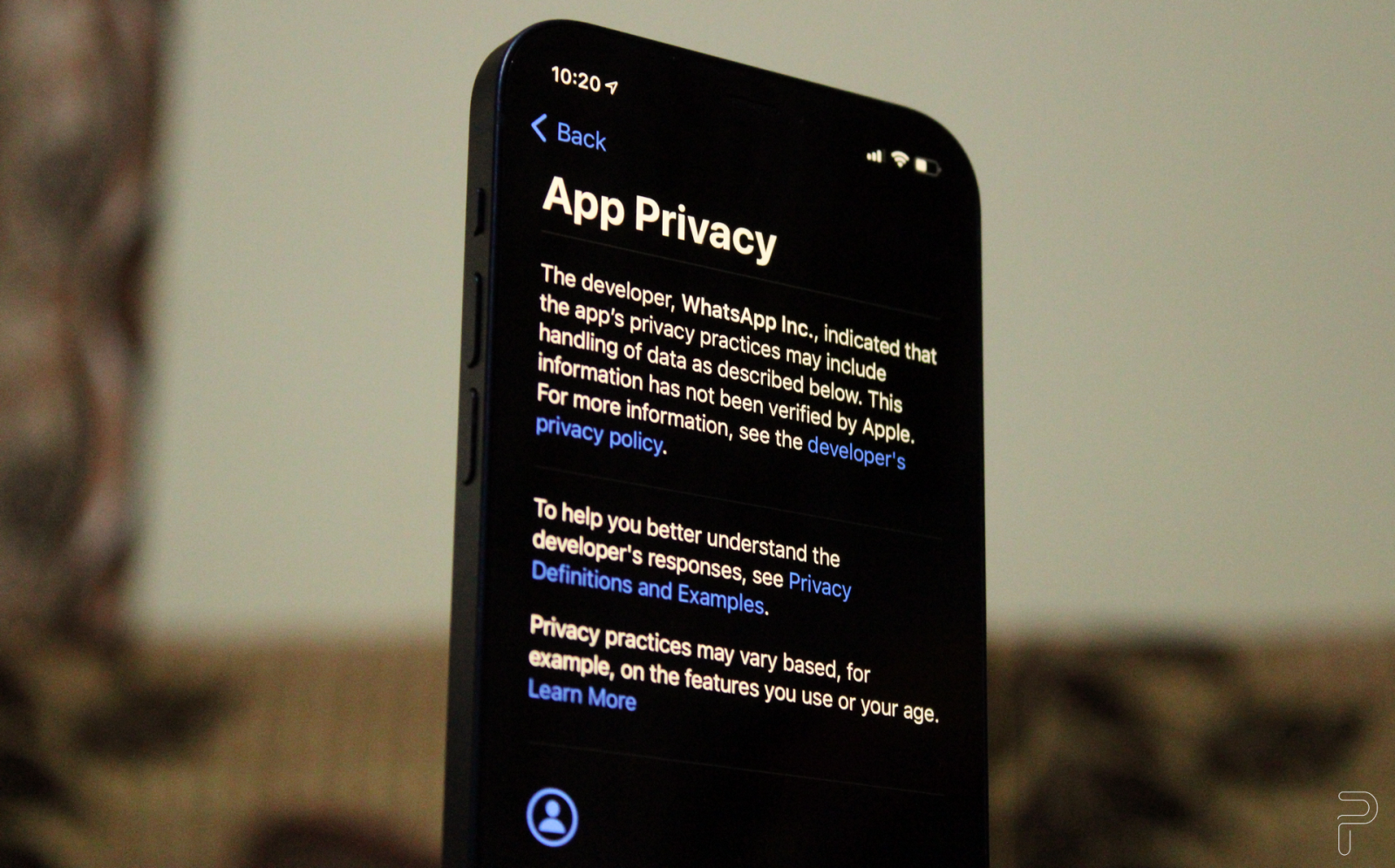With iOS 14, Apple gave a big push to privacy, asking developers to reveal the data they collect, how it is shared, and if it can be used for ad tracking. Many developers – and Facebook, in particular – were not happy, but Apple went ahead with implementing its new policy. On the surface, this seems like a great move when it comes to promoting transparency and awareness, but it appears that these app nutrition labels on App Store might not be always accurate. As per an independent investigation by The Washington Post’s Geoffrey Fowler, privacy disclosures for many apps turned out to be inaccurate and misleading.
“Not necessarily. I downloaded a de-stressing app called the Satisfying Slime Simulator that gets the App Store’s highest-level label for privacy. It turned out to be the wrong kind of slimy, covertly sending information — including a way to track my iPhone — to Facebook, Google and other companies,” Fowler mentioned in his report. He adds that after testing a couple dozen apps , he found that privacy claims made by more than a dozen of those apps were inaccurate.
Apple is apparently not verifying all nutrition labels before they go live
Notably, the detail page of each app also mentions a disclaimer from Apple, which clearly says, “This information has not been verified by Apple.” Now, this is a tad surprising. Apple has been quite vocal about the merits of its new privacy policy updates, and how these disclosures by developers will help users make informed choices. However, if the company doesn’t independently verify the privacy disclosures made by developers, how can users trust if they are actually true? That their data is not being sold to shady advertisers? That their privacy is not being intruded on?
When asked about the same, an Apple spokesperson had this to say: “Apple conducts routine and ongoing audits of the information provided and we work with developers to correct any inaccuracies. Apps that fail to disclose privacy information accurately may have future app updates rejected, or in some cases, be removed from the App Store entirely if they don’t come into compliance.”
Fowler notes that some of the apps that came with a blue checkmark – indicating that they collected no data at all – were sending the phone’s unique ID, also called Apple IDF, to third-parties such as Google and Facebook. Additionally, app nutrition labels don’t always reveal the parties that they are sharing user data with, even if they disclose it honestly.


